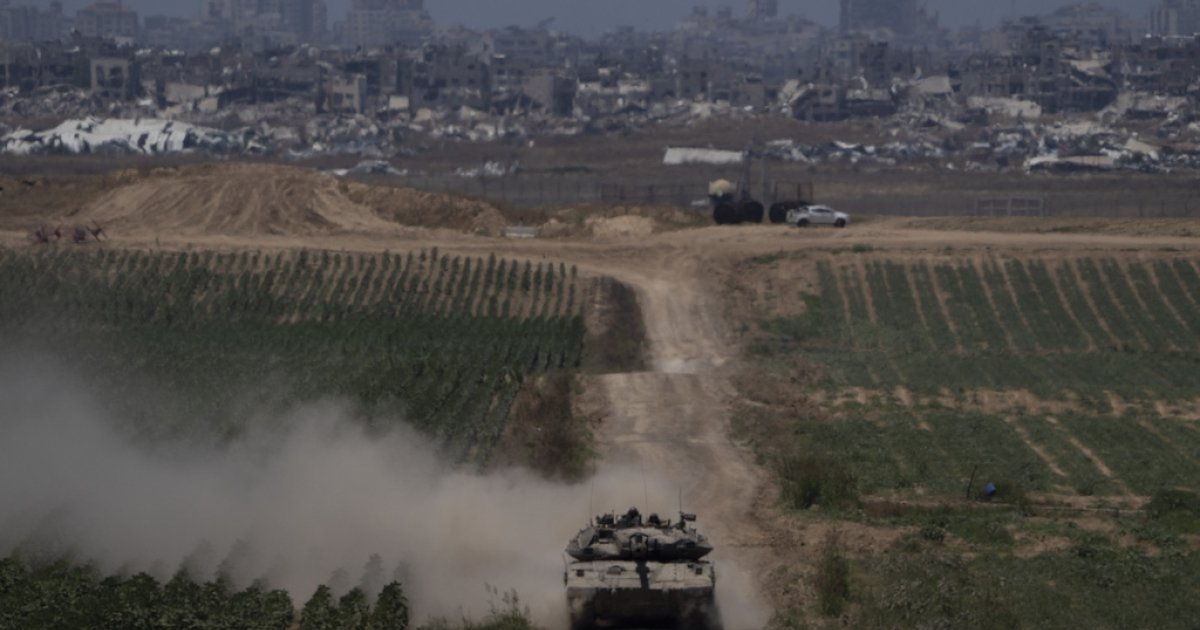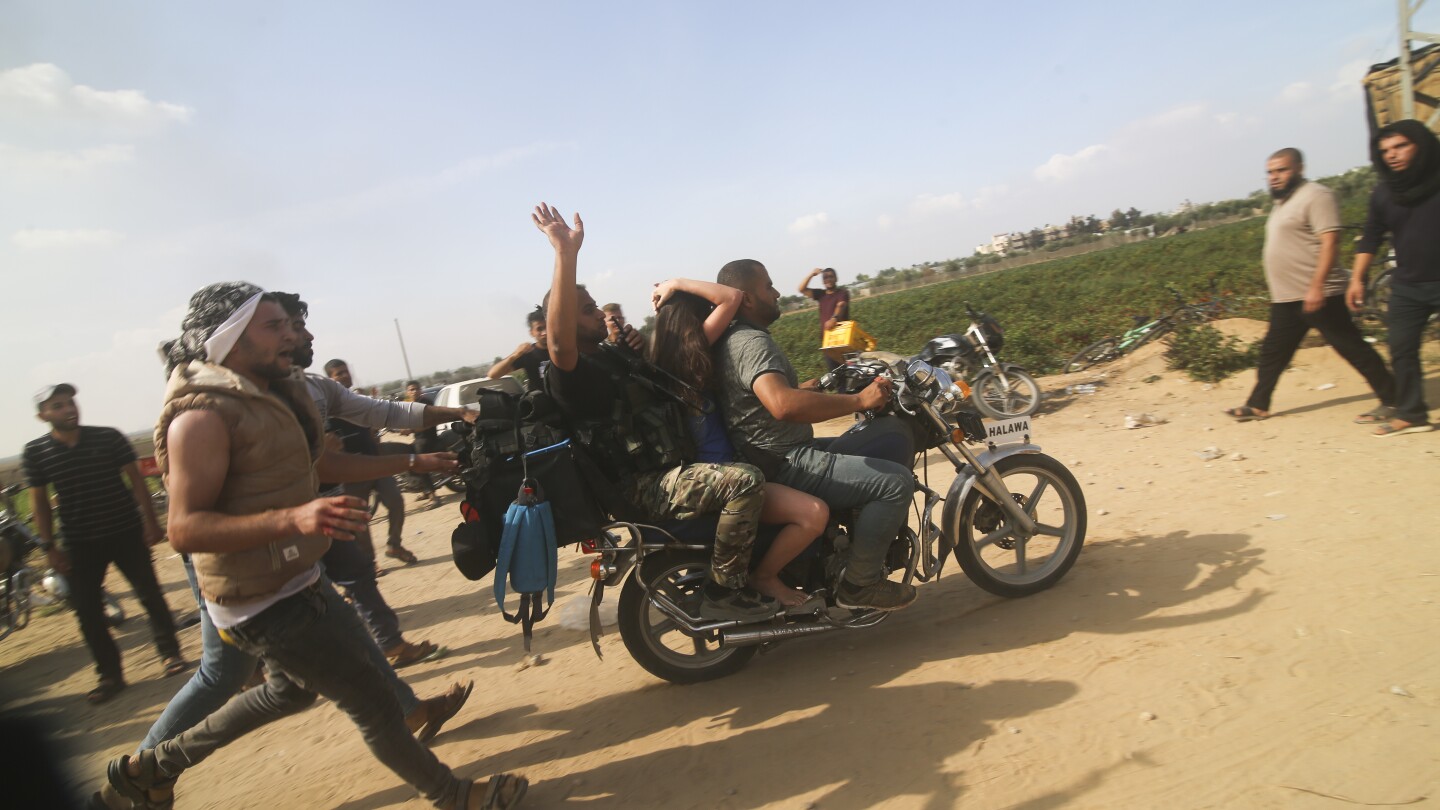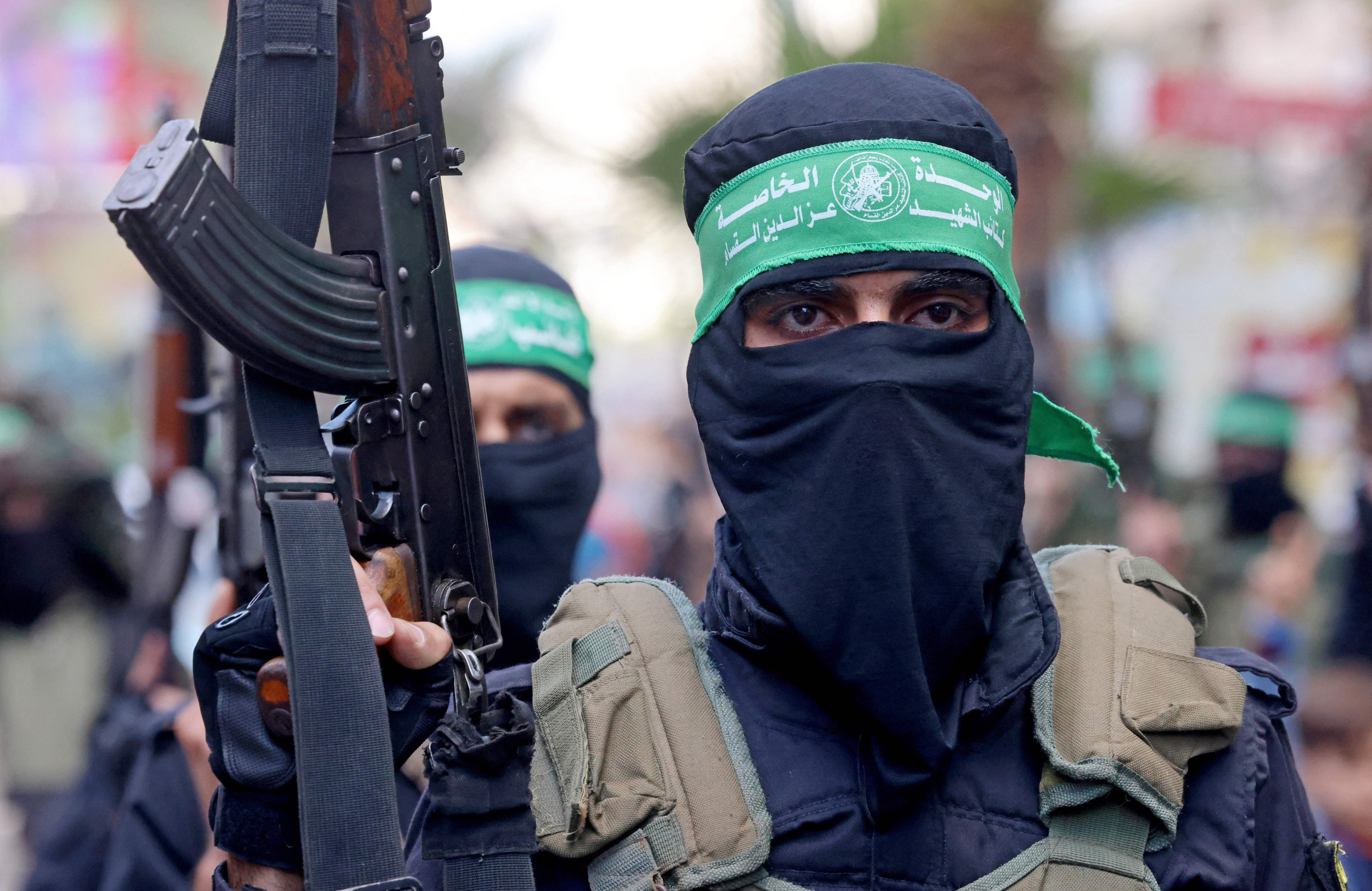

article about suing hamas/their supporters
ITT: but what about Israel?
:)
There are plenty of articles about Israel people can comment on, this article is about Hamas, and the aggressive nature users are taking towards redirecting discussion is disgusting.












I wholly disagree with the characterization that a lawsuit about Oct 7 is “any excuse to shit on the global south.” I won’t be continuing anything close to this discussion.
It being tried in the US does not afford relevancy to the idea that the US should be sued for the same thing. It is similar in that they both involve the US, but you’re wrong to assume it’s relevant. It is whataboutism. Period. From Google even: